By Richard Luthmann
In a recent episode of The Unknown Podcast, hosts Richard Luthmann, Michael Volpe, and guest Lindy Morelli engaged in a compelling discussion on the death penalty. They focused on the controversial case of Robert Roberson. Roberson, a Texas inmate, was convicted of killing his two-year-old daughter based on the now-debunked theory of shaken baby syndrome.
Scheduled for execution, Roberson’s execution was recently stayed. His case has sparked outrage and ignited debates about the reliability of convictions based on questionable science and the broader morality of the death penalty.
Luthmann, a former lawyer and prison advocate, opened the conversation by stating his opposition to capital punishment.
“The biggest reason I’m against the death penalty is that it’s not a deterrent,” he said, pointing to studies showing no significant reduction in crime as a result of executions. “The crimes that get people sentenced to death would happen whether or not the death penalty is on the books.”
Morelli, a prison ministry leader who has worked for decades with wrongfully convicted individuals, agreed with Luthmann, but her reasons were more spiritual.
“I don’t think the state should be in the business of putting people to death,” she said, emphasizing her belief that all life is sacred. “We’ve evolved as a society beyond the days when an eye for an eye was the norm.”
Lindy recently wrote The Open Gate to Paradise: A Lifeline for the Wrongfully Convicted and Their Families. It describes her fight to overturn a wrongful conviction.
The Case of Robert Roberson
Roberson’s case, according to the hosts, epitomizes the dangers of the death penalty. Convicted of his daughter’s death in 2002, he was accused of shaking her so violently that she died from head trauma. However, medical experts now believe that complications from pneumonia caused his daughter’s death. Despite these new findings, Texas courts have refused to reconsider his case.
Michael Volpe, always the skeptical voice on The Unknown, shared his concerns about the flaws in the justice system.
“The reason I’m against the death penalty is because I think the government is incompetent and corrupt,” he said bluntly. “If they get it wrong, there’s no coming back from that. We’ve seen it too many times—people put to death only to later find out they were innocent.”
The podcast highlighted how Texas, which executes more people than any other state, has become ground zero for debates on the death penalty and the use of junk science in convictions. Roberson’s case, said Volpe, “is built on discredited science,” yet the state remains unwilling to revisit the case.
Shaken Baby Syndrome: Discredited Science
One of the major points discussed was the diagnosis of shaken baby syndrome, which was widely accepted at the time of Roberson’s trial but has since been discredited by the medical community. Luthmann called the theory “specious at best” and expressed his shock that Roberson was still on death row based on such flimsy evidence.
“Imagine killing a man based on science that is now known to be wrong,” he said.
Volpe agreed, recounting a similar case in which outdated medical theories had led to wrongful convictions. “Shaken baby syndrome has been debunked almost entirely,” he said. “And yet here we are, willing to execute someone because the courts refuse to admit they got it wrong.”
Religious and Moral Dimensions
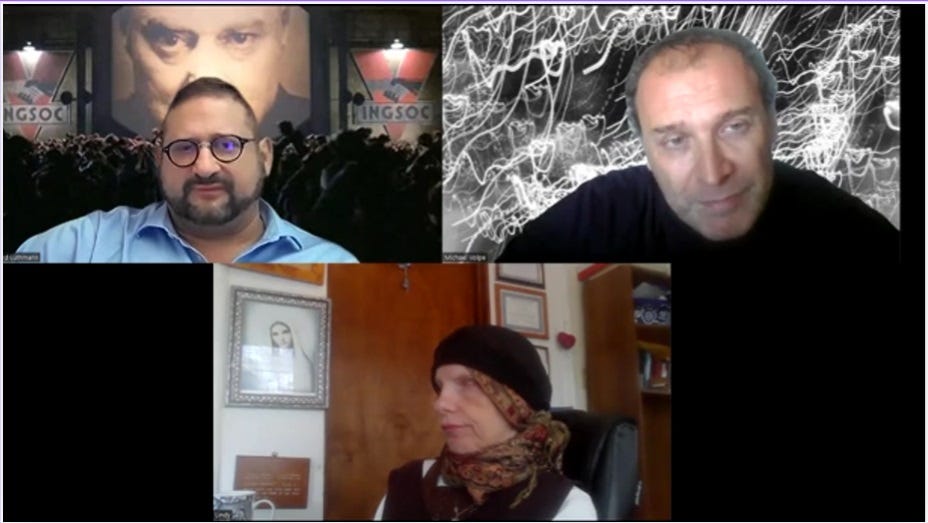
The conversation then shifted to the moral and religious implications of the death penalty, with Morelli sharing her deeply held beliefs.
“There’s no place for cruelty, even if someone is guilty,” she said, emphasizing the need for compassion even for those who commit crimes. “Justice doesn’t mean vengeance.”
Morelli’s experience working with inmates, including many she believes were wrongfully convicted, has given her a unique perspective.
“There are people in prison who are completely innocent,” she explained, “but they are suffering unimaginable cruelty. And for what? To satisfy a need for punishment? There has to be a better way.”
She added that Roberson’s case was emblematic of how the system often fails the most vulnerable.
“If you’re poor, if you’re not educated, or if you don’t look the part, the odds are stacked against you,” she said. “Roberson didn’t have the resources to fight his case properly, and now he’s on death row.”
A System Rife with Injustice
The hosts agreed that the justice system, especially in death penalty cases, is fraught with errors, biases, and inconsistencies. Volpe recounted several instances in which innocent people were executed or came perilously close to execution before new evidence emerged.
“There are countless cases where the courts got it wrong,” he said. “And the scariest part is that we won’t ever know how many innocent people have been executed.”
Luthmann chimed in with his own concerns about the racial and economic disparities in death penalty cases.
“The death penalty disproportionately affects poor people and minorities,” he said. “Wealthy people seldom end up on death row. It’s the same story every time—poor, often Black or Hispanic, defendants who can’t afford a strong defense.”
Volpe added, “That’s another reason the death penalty is so dangerous. It’s not just about guilt or innocence. It’s about who has the resources to fight back.”
Hope for Reform
As the episode concluded, the hosts expressed a glimmer of hope that cases like Roberson’s could push for reform. Volpe mentioned the bipartisan support in Texas for revisiting the state’s “junk science” law, which was supposed to prevent wrongful convictions based on discredited evidence.
“If Roberson’s testimony can shine a light on the failings of this law, maybe we can prevent future injustices,” he said.
Luthmann agreed, calling for greater scrutiny of death penalty cases across the country.
“We need to slow down,” he said. “We’re talking about people’s lives here. If there’s any doubt at all, we shouldn’t be pulling the trigger.”
A Final Word
For Morelli, the fight against the death penalty is deeply personal and spiritual.
“Every human life is sacred, no matter what they’ve done,” she said. “And if we, as a society, start deciding who deserves to live and who deserves to die, we’ve lost our humanity.”
As Robert Roberson’s case continues to unfold, the debates sparked on The Unknown Podcast reflect broader concerns about justice, compassion, and the future of the death penalty in America.


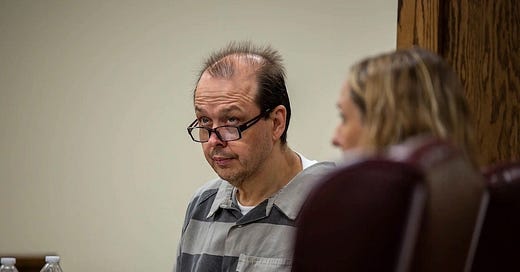





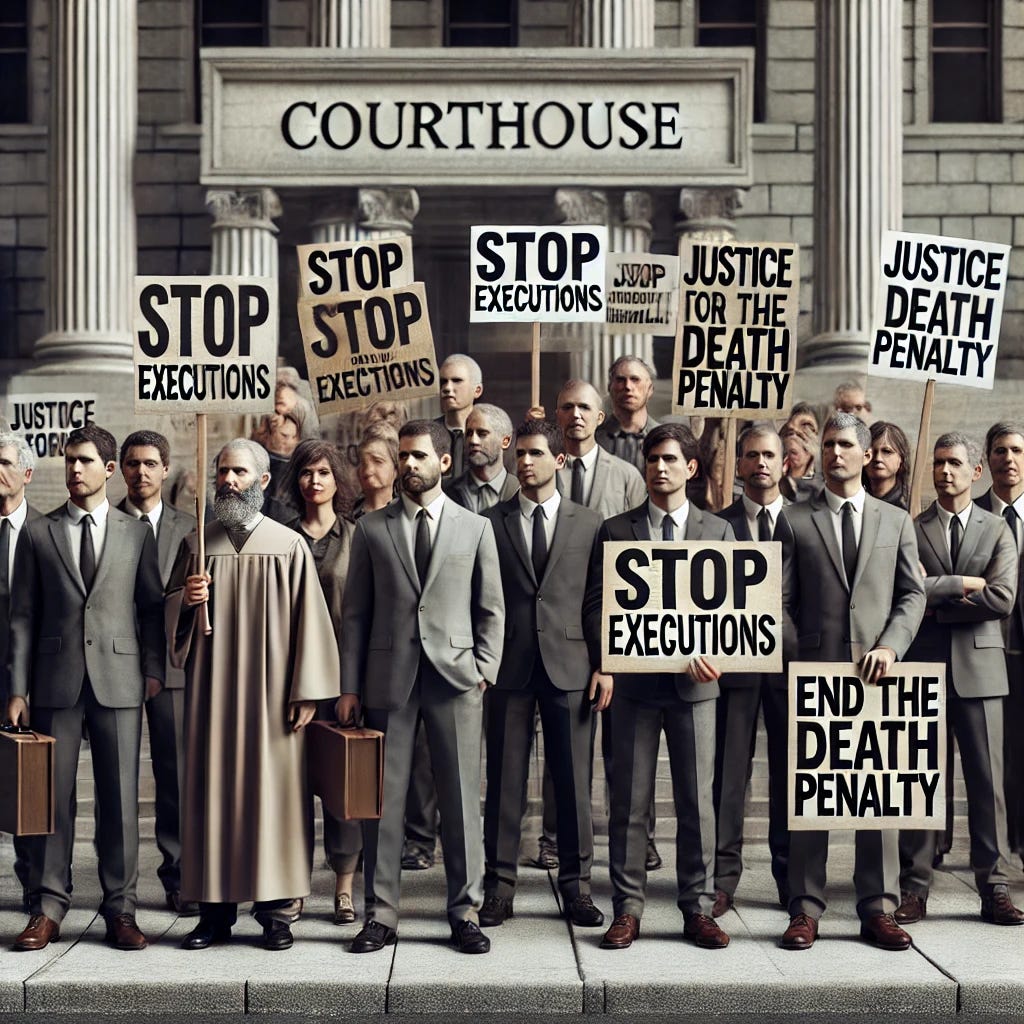





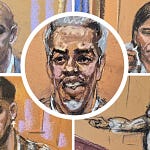

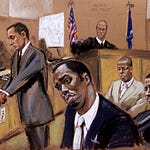


Share this post